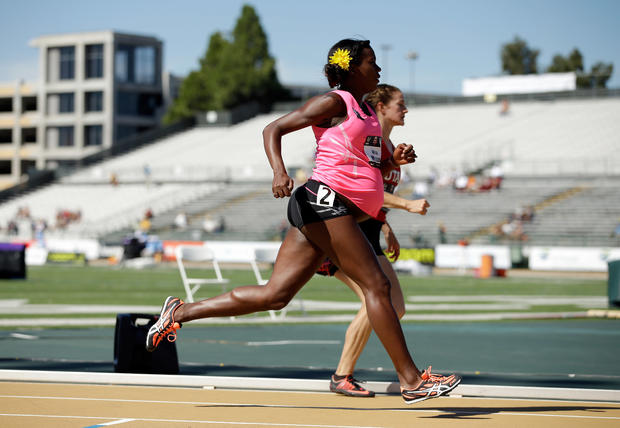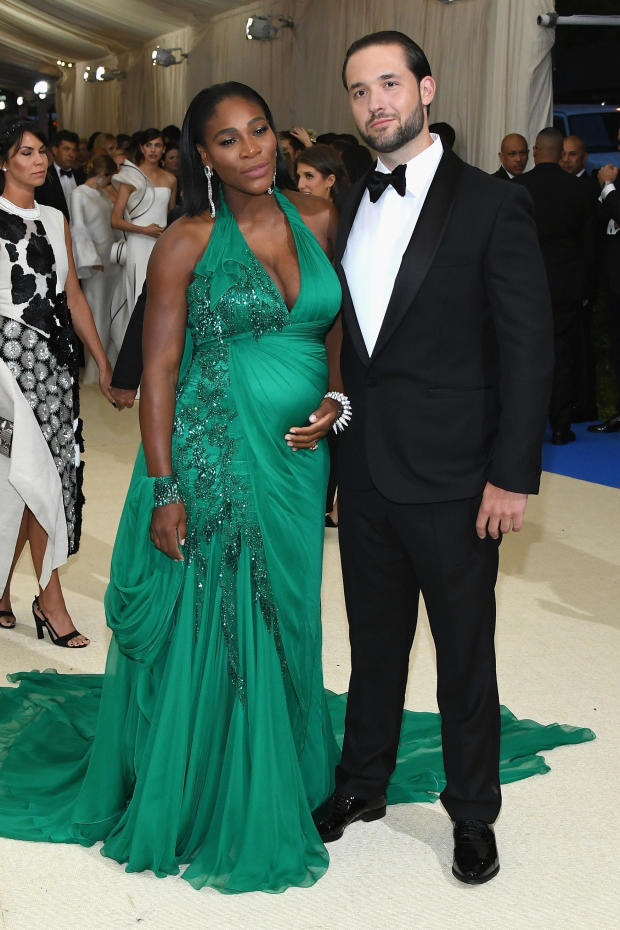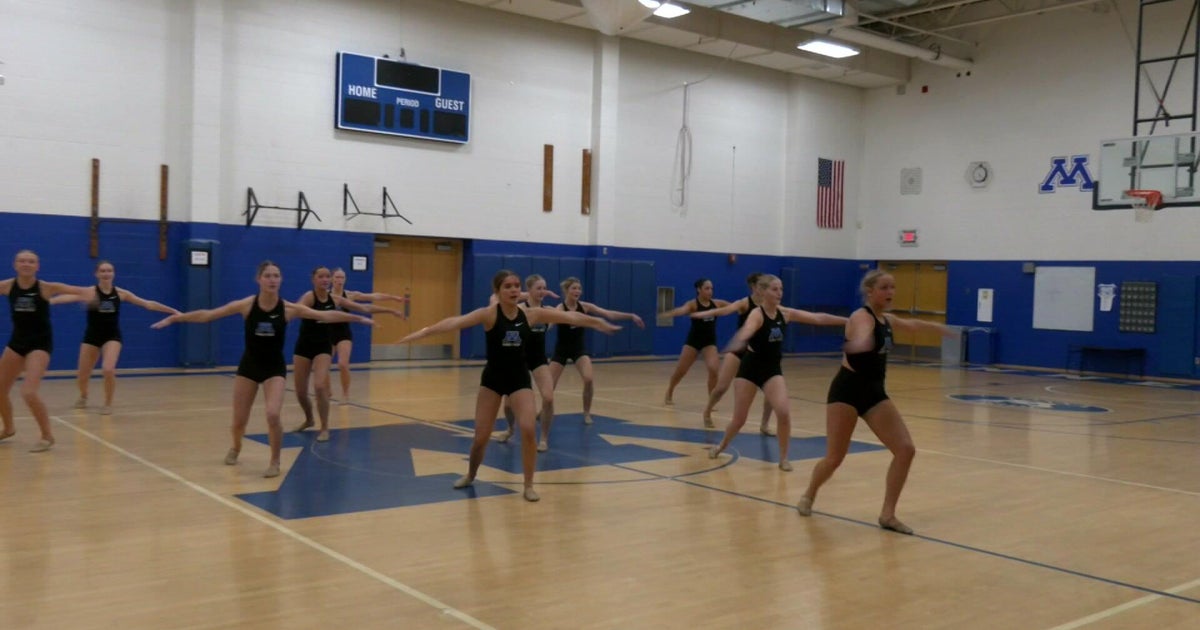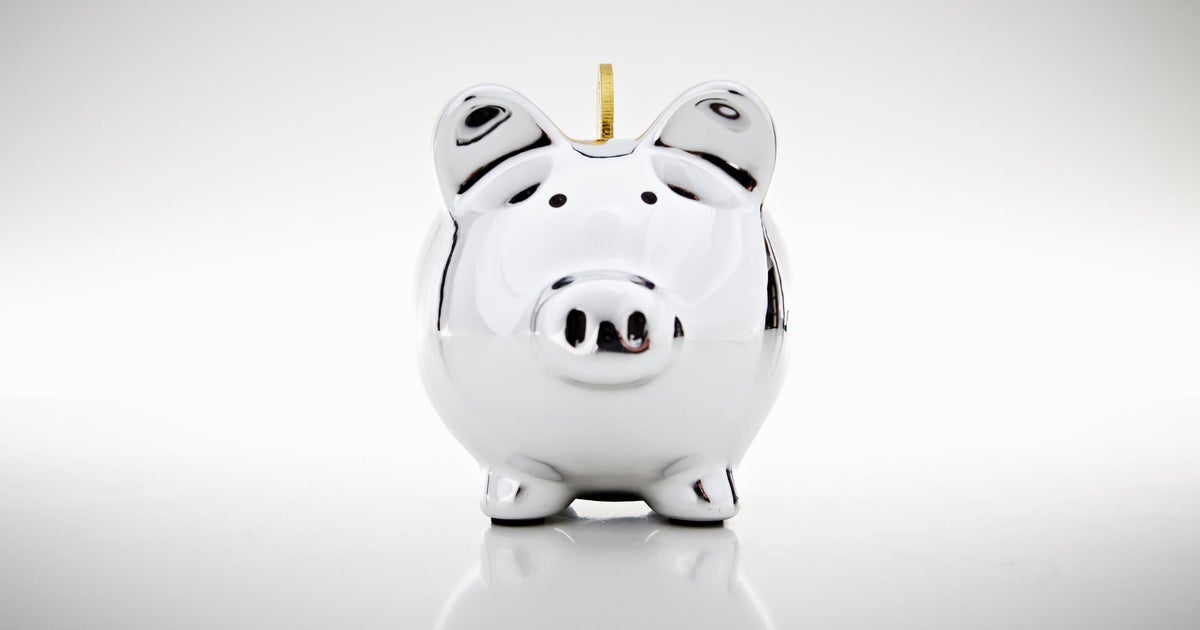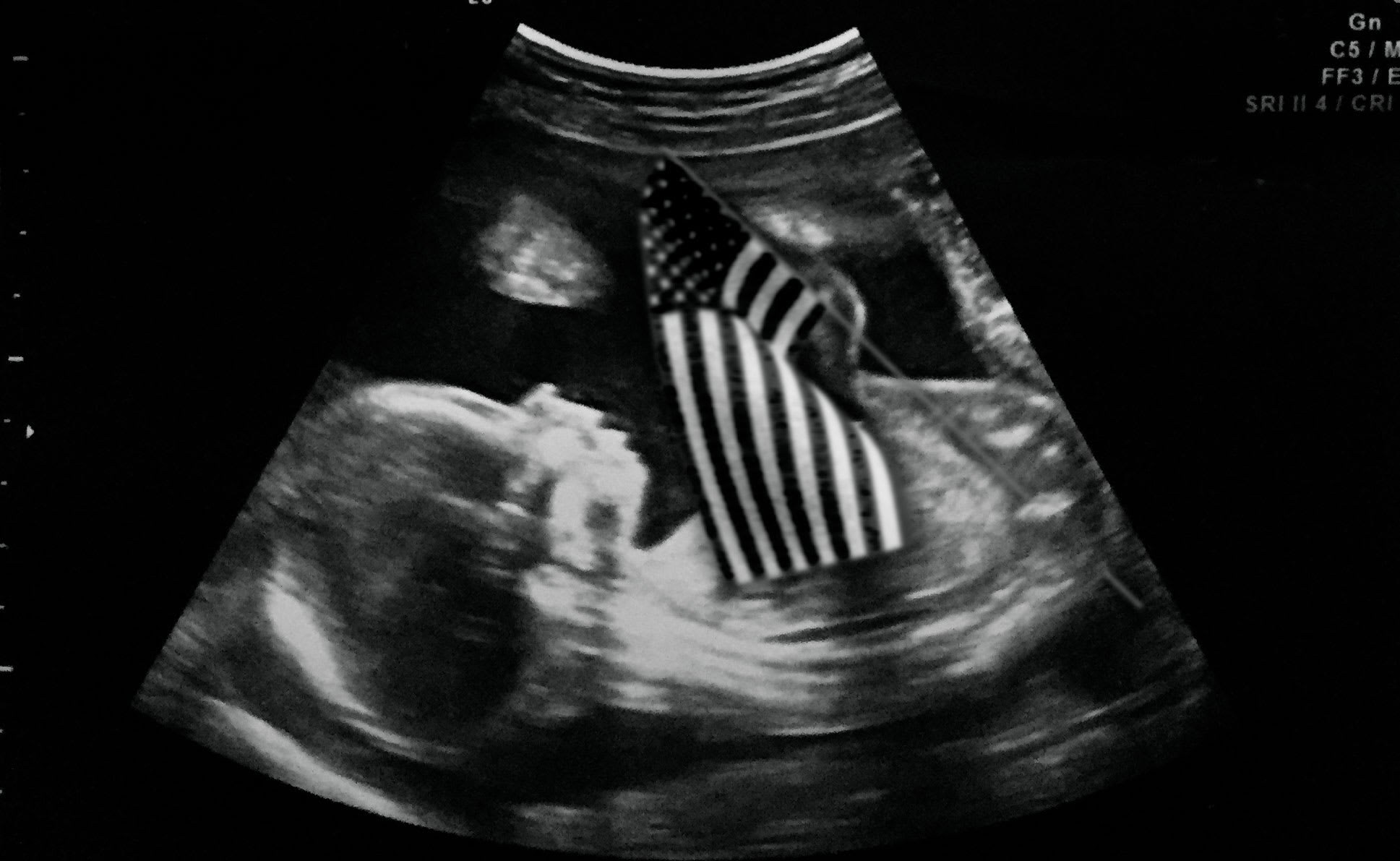Nike responds to backlash over maternity leave policy
Nike tells female athletes to dream big — until they want a baby, Olympic runner Alysia Montaño alleges in a recent New York Times op-ed. Montano said that when she told her sponsor, Nike, she wanted to have a baby during her career, the company responded: "We'll just pause your contract and stop paying you." Montano, a seven-time USA Champion, has famously run races while pregnant.
Other runners who have worked with Nike had similar experiences with the company. "Getting pregnant is the kiss of death for a female athlete," Phoebe Wright told The Times. "There's no way I'd tell Nike if I were pregnant."
Wright was sponsored by Nike from 2010 to 2016. She and several other athletes told The Times that their Nike sponsorship did not guarantee their a salary during pregnancy or after childbirth.
The consequences of giving birth and taking time off from training and competing seems to have put major pressure on the athletes. Olympic runner Kara Goucher said she went back to running almost immediately after giving birth, training for a half-marathon so she could get paid by Nike again. "I'll never forgive myself for that," she told The Times.
"It took such a toll on me mentally and physically, for myself and for my child," Goucher said. "Returning to competition so quickly was a bad choice for me. And looking back and knowing that I wasn't the kind of mother that I want to be — it's gut wrenching." Goucher ran the Boston Marathon just seven months after giving birth, leaving her with a chronic hip injury.
Montaño and Goucher both told the paper that they lost their health insurance from the U.S. Olympic Committee and U.S.A. Track & Field while having children.
Nike said it has changed its approach so athletes are not penalized in such situations, but declined to say if protections were written into its contracts. In a statement provided to CBS News, the company said:
"Nike is proud to sponsor thousands of female athletes. As is common practice in our industry, our agreements do include performance-based payment reductions. Historically, a few female athletes had performance based reductions applied. We recognized that there was inconsistency in our approach across different sports and in 2018 we standardized our approach across all sports so that no female athlete is penalized financially for pregnancy."
Nike competitor Asics says its policy is to pay its sponsored athletes in full during pregnancy and after childbirth.
One of Nike's most prominent athletes, Serena Williams, kept her Nike sponsorship deal while pregnant with her daughter, Alexis Olympia Ohanian, the New York Times reports. Williams' husband, tech entrepreneur Alexis Ohanian, took 16 weeks paid paternity leave when their daughter was born, and is fighting to make paid family leave a standard in the U.S.
The U.S. is the only developed country without a national, paid parental leave program. Most industrialized countries offer at least 14 weeks of paid maternity leave.
The only national parental leave policy in the U.S. is the Family and Medical Leave Act, which guarantees workers job security for up to 12 weeks of time off — but there's no promise of a paycheck. Six states and Washington, D.C. offer some form of paid family leave.
